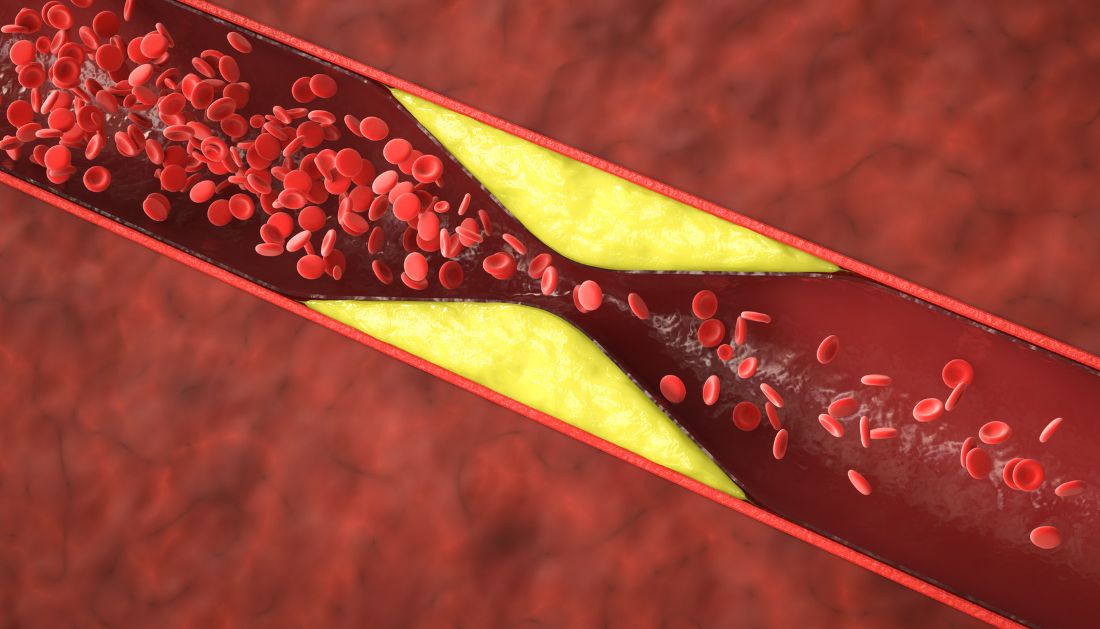

What Are Statins Used For?
Statins are widely prescribed cholesterol-lowering medications that reduce the risk of heart attacks, strokes, and other cardiovascular diseases. These drugs work by lowering cholesterol production in the liver and have known anti-inflammatory effects. Because of this, some smaller studies suggested that statins might also help treat depression, especially in patients with obesity, a group at higher risk for both conditions.
The Latest Research on Statins and Depression
To investigate this possible link, researchers at Charité – Universitätsmedizin Berlin conducted a large, randomized, double-blind study. The team, led by Prof. Christian Otte, examined whether statins could provide additional benefits for patients with depression.
In the 12-week study, 161 patients who had both obesity and moderate-to-severe depression were treated with the antidepressant escitalopram. Half of the group also received simvastatin, a commonly used statin, while the other half received a placebo.
The Study’s Outcome
Both groups showed improvement in depressive symptoms over the 12 weeks. However, the researchers found no significant difference in depression outcomes between those taking statins and those receiving a placebo. While statin users did see expected improvements in cholesterol levels and a reduction in inflammation markers like C-reactive protein (CRP), these changes did not translate into better mental health outcomes.
“We saw no indication that statins offered an additional antidepressive benefit,” said Dr. Woo Ri Chae, co-lead author of the study. The researchers concluded that while statins effectively manage cardiovascular risk, they should not be used to treat depression.
What This Means for Patients
Despite promising theories, the evidence now suggests that statins should remain strictly within their approved use—to lower cholesterol and reduce cardiovascular risk. For those managing depression, traditional antidepressants remain the most effective treatment.
Healthcare professionals should continue to follow standard treatment guidelines and avoid prescribing statins for mental health benefits. The research team is currently analyzing blood samples on a cellular level for deeper insights and is working on improved treatment strategies for patients with both depression and chronic physical illnesses.
more recommended stories
 Microglia Neuroinflammation in Binge Drinking
Microglia Neuroinflammation in Binge DrinkingKey Takeaways (Quick Summary for HCPs).
 Precision Oncology with Personalized Cancer Drug Therapy
Precision Oncology with Personalized Cancer Drug TherapyKey Takeaways UC San Diego’s I-PREDICT.
 Iron Deficiency vs Iron Overload in Parkinson’s Disease
Iron Deficiency vs Iron Overload in Parkinson’s DiseaseKey Takeaways (Quick Summary for HCPs).
 Can Ketogenic Diets Help PCOS? Meta-Analysis Insights
Can Ketogenic Diets Help PCOS? Meta-Analysis InsightsKey Takeaways (Quick Summary) A Clinical.
 Silica Nanomatrix Boosts Dendritic Cell Cancer Therapy
Silica Nanomatrix Boosts Dendritic Cell Cancer TherapyKey Points Summary Researchers developed a.
 Vagus Nerve and Cardiac Aging: New Heart Study
Vagus Nerve and Cardiac Aging: New Heart StudyKey Takeaways for Healthcare Professionals Preserving.
 Cognitive Distraction From Conversation While Driving
Cognitive Distraction From Conversation While DrivingKey Takeaways (Quick Summary) Talking, not.
 Fat-Regulating Enzyme Offers New Target for Obesity
Fat-Regulating Enzyme Offers New Target for ObesityKey Highlights (Quick Summary) Researchers identified.
 Spatial Computing Explains How Brain Organizes Cognition
Spatial Computing Explains How Brain Organizes CognitionKey Takeaways (Quick Summary) MIT researchers.
 Gestational Diabetes Risk Identified by Blood Metabolites
Gestational Diabetes Risk Identified by Blood MetabolitesKey Takeaways (Quick Summary for Clinicians).

Leave a Comment